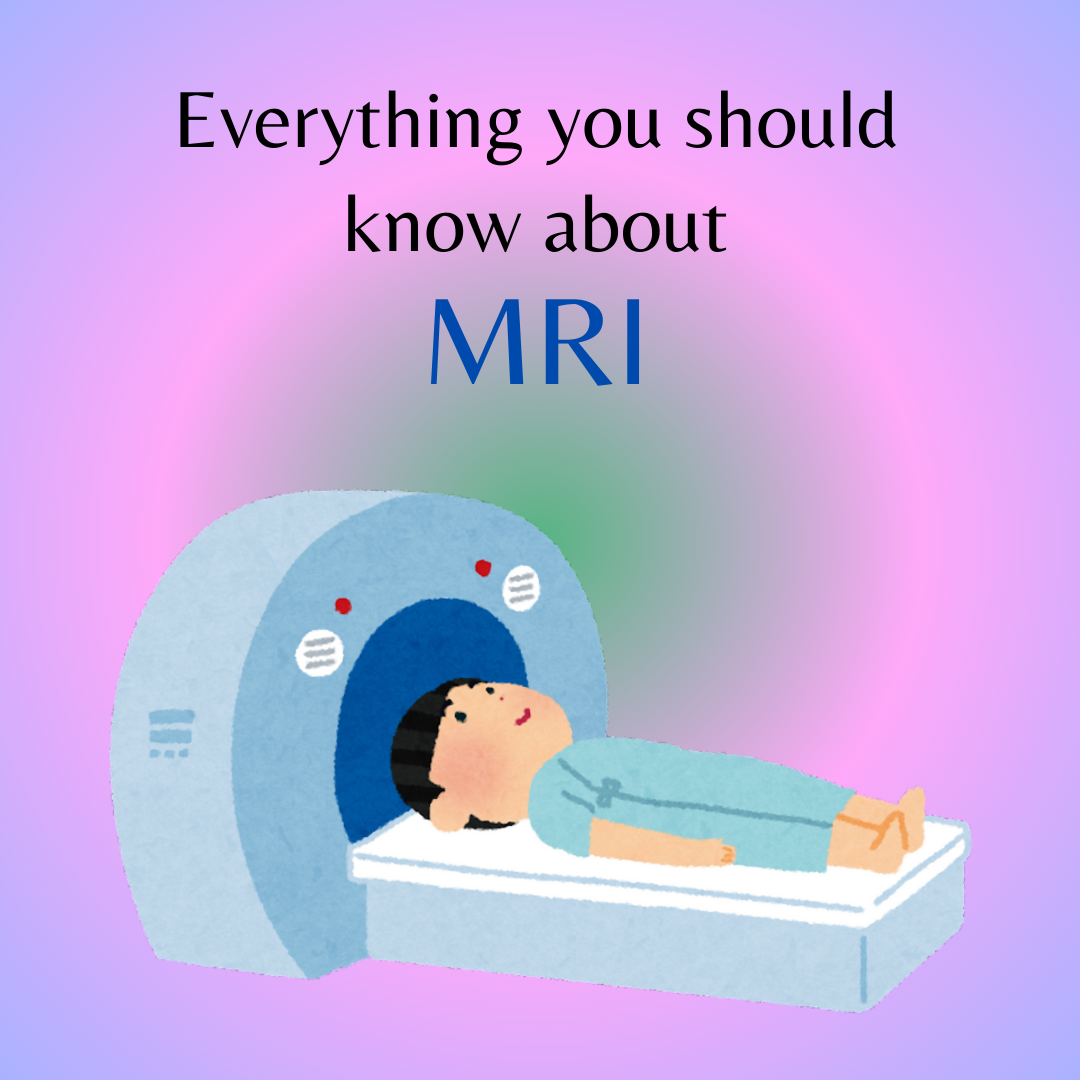Everything you must know about MRI Scan
Have you ever felt stuck with a health issue and wondered how doctors can know what’s happening inside your body without opening you up? That’s where MRI scans come into play. They’re like the hero of radiology who are capable of solving mysteries that even ultrasound, x-rays, ct-scan can’t find.
In this blog, we’ll break down everything about MRIs in a way that’s simple and easy to understand.
What Is an MRI?
MRI (Magnetic Resonance Imaging) is a fancy way to take highly detailed pictures of the inside of your body using magnets and radio waves. The best part is it doesn’t involve radiation like X-rays or CT scans, making it a safer choice for many people.
Think of it like this: If your body were a book, an MRI could read every page without flipping a single one. It’s particularly great for soft tissues, such as your brain, spinal cord, joints, and internal organs. So if you suffering from a torn ligament or something more serious, an MRI scan gets the job done to find the problem.
Why Would You Need an MRI Scan?
Let’s face it: no one really wants to lie still inside a giant machine unless there’s a good reason. Doctors recommend MRI scans for many situations, such as:
**Brain and Nerves:** Persistent headaches, dizziness, or suspected strokes? An MRI can give a clear picture of what’s going on.
**Back or Neck Pain:** If you’ve been dealing with pain from a long time, an MRI can help find the root cause, like a slipped disc.
**Injuries:** Sprained your knee or shoulder? MRI scans are often the go-to for spotting ligament tears or joint issues.
**Tumors:** To check for growths or monitor cancer treatment.
**Organ Health:** It’s great for diagnosing liver, kidney, or reproductive system issues.
**Pre-Surgery Prep:** Surgeons sometimes use MRI images to plan their approach with precision.
In short, if something’s not right and your doctor needs a closer look, an MRI scan could be the answer.
When Should You Consider an MRI?
You might wonder, “Do I really need this scan?” or “The hospital just wants to make money” Here are a few scenarios where an MRI is often recommended:
– In case you had an injury, like a bad fall or a sports mishap.
– Chronic pain or unusual symptoms bothering you such as numbness or weakness
– To track an existing condition, like arthritis or multiple sclerosis.
Always trust your doctor’s advice, but don’t hesitate to ask questions if you’re not sure.
What to do before MRI scan
**Preparation:** Wear comfortable clothes and leave metal (like jewelry or belts) at home. If the scan involves contrast dye, you may need to fast for a few hours.
How it work?
**The Scan Itself:**
– You’ll lie down on a table that slides into the MRI machine.
– The machine will make loud noises, but nothing to worry – it’s just doing its job.
– The scan is painless, but staying still is important for clear images.
**Post-Scan:** Once you’re done, you can get back to your day. Your doctor will typically receive the results on same day or 1-2 days.
Read full article – Preparation before MRI Scan
Finding an MRI Scan Near You
Now finding a good diagnostic lab is as easy as pulling out your phone. Just visit “laboon.in” to find options nearby. But not all MRI centers are created equal, so keep these tips in mind:
-**Price** Call and compare labs prices. Pick which suits you best.
How Much Does an MRI Scan Cost?
Let’s talk money – because that’s often a big concern. The cost of an MRI scan can depend on several factors like type of scan, location, facility.
At laboon.in, you can directly call labs and compare their prices.
Common Questions About MRI Scans
- Is an MRI safe?
Absolutely. MRI scans are very safe for most people but If you have metal implants, pacemakers, or other devices please inform your doctor beforehand. - Does it hurt?
Not at all! The scan is painless but you have to stay still for 20-60 minutes. - Can I eat before the scan?
Usually, yes. But if your scan involves contrast dye, your doctor might ask you to fast for a few hours - How long does the scan take?
Most MRI scans take between 30 minutes to an hour, depending on the area being scanned.





